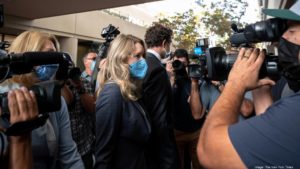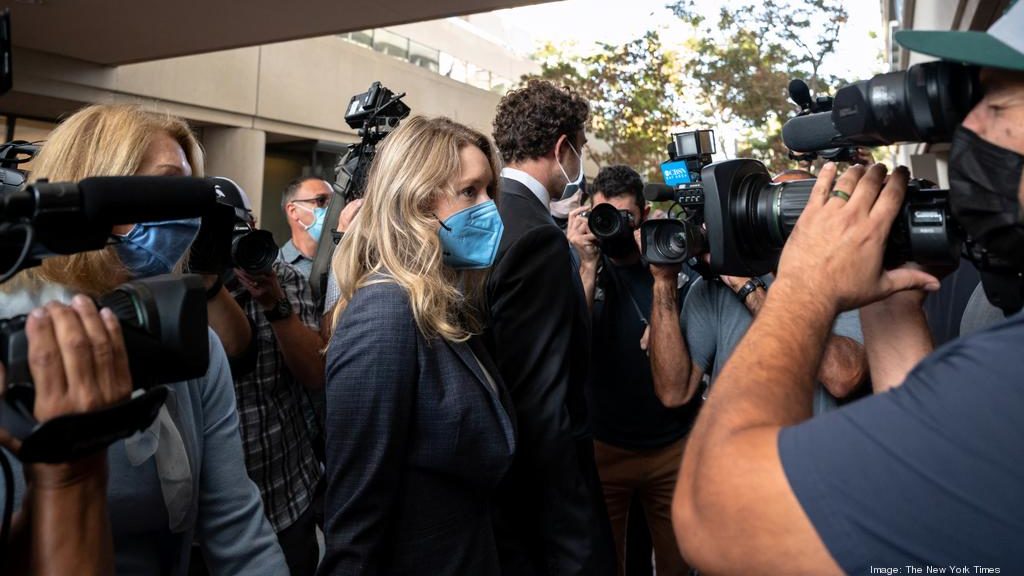Article originally published by the Philadelphia Business Journals on January 17, 2022
On Jan. 3, after a lengthy trial, the former founder and CEO of Theranos, Elizabeth Holmes, was found guilty in federal court of conspiracy to defraud investors and wire fraud. Sunny Balwani, the president of Theranos and Holmes’ romantic partner, faces trial later this year for his part in the fraud.
Theranos was hailed as a visionary startup Silicon Valley biotech company developing breakthrough technology, claiming that hundreds of blood tests could be rapidly performed on a blood analyzer using proprietary technology that required as little as a finger prick of blood. At its peak, the company was valued at $9 billion.
Holmes was the very public face of Theranos and garnered significant media coverage. She positioned herself as a visionary, attracting investment from a wide range of prominent and supposedly sophisticated private investors.
Providing patients with accurate results is mission-critical for any diagnostic medical device. Theranos’ Edison analyzer generated inaccurate blood test results. Unknown to patients and investors, the tests that the analyzer could not perform were run on commercial third-party machines. In short, the Theranos technology didn’t work.
In October 2015, Wall Street Journal investigative reporter John Carreyrou first broke the story about issues with the Theranos technology in his article headlined, “Hot startup Theranos has struggled with its blood-test technology.” In May 2018, Carreyrou’s book was released, titled, “Bad blood: secrets and lies in a Silicon Valley startup.” The truth always emerges.
During an interview at the Center for Ethics and Society at Stanford University in February 2019, former Theranos employees Tyler Schultz (grandson of George Schultz, a Theranos board member) and Erika Cheung told of inaccurate results when processing actual patient blood samples. They also described how they were intimidated by Holmes and Balwani to report only the favorable Theranos lab results in the process of developing the analyzer technology.
When Schultz and Cheung continued to question the efficacy of the analyzer, they were threatened by Theranos’ outside attorneys and private investigators. At great personal and financial cost and regardless of the terms of their non-disclosure agreements, both became whistleblowers that helped expose the Theranos fraud.
After Holmes and Balwani were indicted on June 15, 2018, the Securities and Exchange Commission issued a press release in which Steven Peikin, co-director of the SEC’s Enforcement Division, commented, “Investors are entitled to nothing less than complete truth and candor from companies and their executives. The charges against Theranos, Holmes, and Balwani make clear that there is no exemption from the anti-fraud provisions of the federal securities laws simply because a company is non-public, development-stage, or the subject of exuberant media attention.”
After the verdict was announced, Greg Gretsch, managing director of private equity firm Jackson Square Ventures, tweeted, “Ambition, drive, vision and optimism are all a part of the Silicon Valley ethos. Outright lies and deceit are not. Fraud is fraud.”

Lessons for entrepreneur CEOs
All early-stage company investors understand that there is a risk of failure when investing in technology under development. What they want is transparency from the entrepreneur they are investing in so they can assess the risks involved. Holmes was not at all transparent. She should have disclosed the issues with the testing technology and how those issues were being addressed. You can’t fake it until you make it.
You can’t intimidate your employees if you don’t like them telling you the brutal facts of reality, as Schultz and Cheung were intimidated when they objected to cherry-picking analyzer lab results. You can’t use non-disclosure agreements as a weapon to prevent employees from exposing fraud.
Lessons for investors
Holmes was a charismatic individual and very effective when sharing with potential investors her vision of how the Theranos technology would revolutionize the blood-testing industry. Investors need to guard against falling for an entrepreneur’s vision without evaluating the substance and probability of success of what the company is developing.
Theranos was very protective of its technology. Investors should perform due diligence to the extent possible, and if they are not an expert in the technology, they should hire an advisor to assist them.
Lessons for board members
The Theranos board consisted of luminaries including Henry A. Kissinger and George P. Shultz, both high profile and well-respected elder statesmen, as well as former senators Bill Frisk and Sam Nunn and former Secretary of Defense Jim Mattis. These individuals] have excelled during their careers, but one must ask what they know about corporate governance, enterprise risk management and their duty of care to the company and its investors. It appears as if they were appointed to the board as window dressing to give an aura of credibility to Theranos. Before accepting a board position, understand why you are being asked to join.
Will things change after the Holmes guilty verdict? That depends on whether CEOs are held accountable for lack of transparency by their board and investors.
Stan Silverman is founder and CEO of Silverman Leadership and author of “Be Different! The Key to Business and Career Success.” He is also a speaker, advisor and widely read nationally syndicated columnist on leadership, entrepreneurship and corporate governance. He can be reached at Stan@SilvermanLeadership.com.

